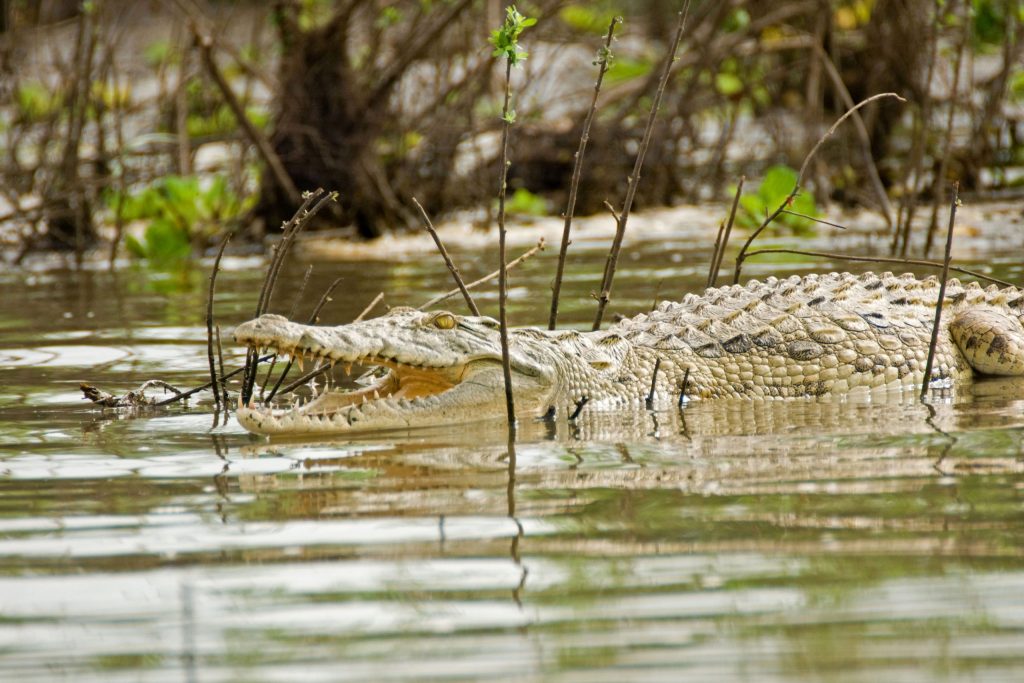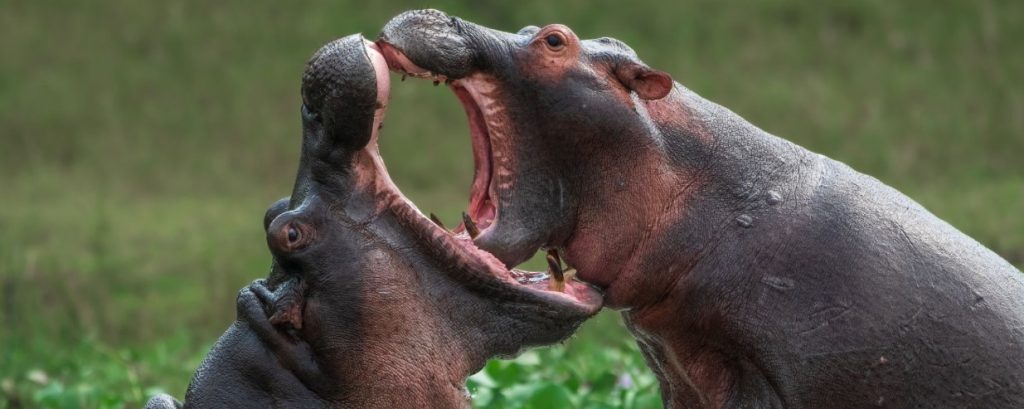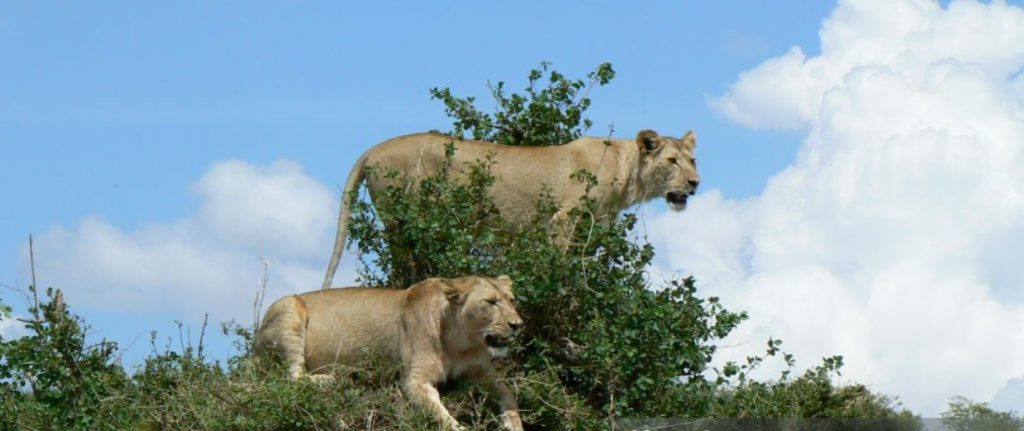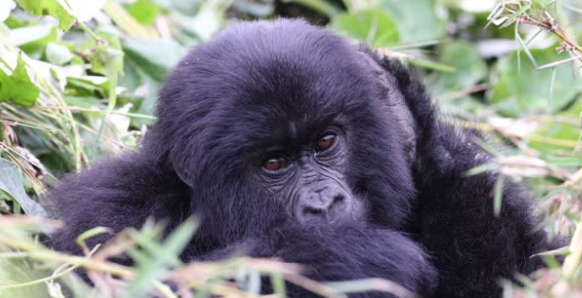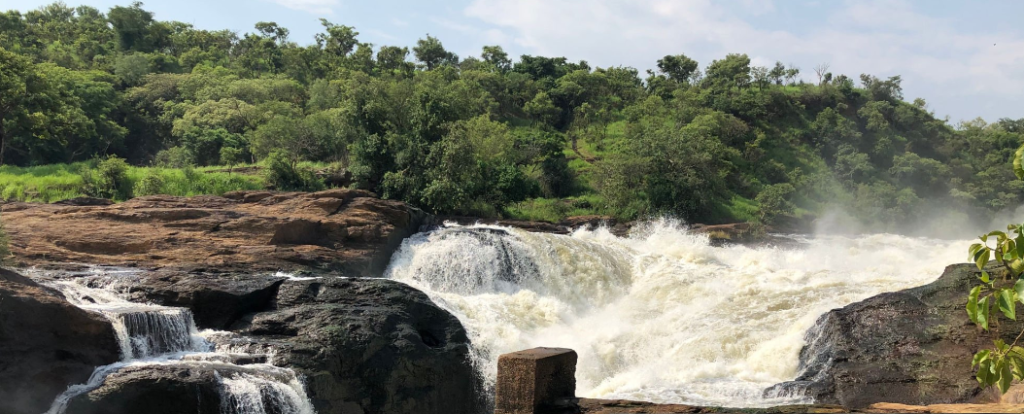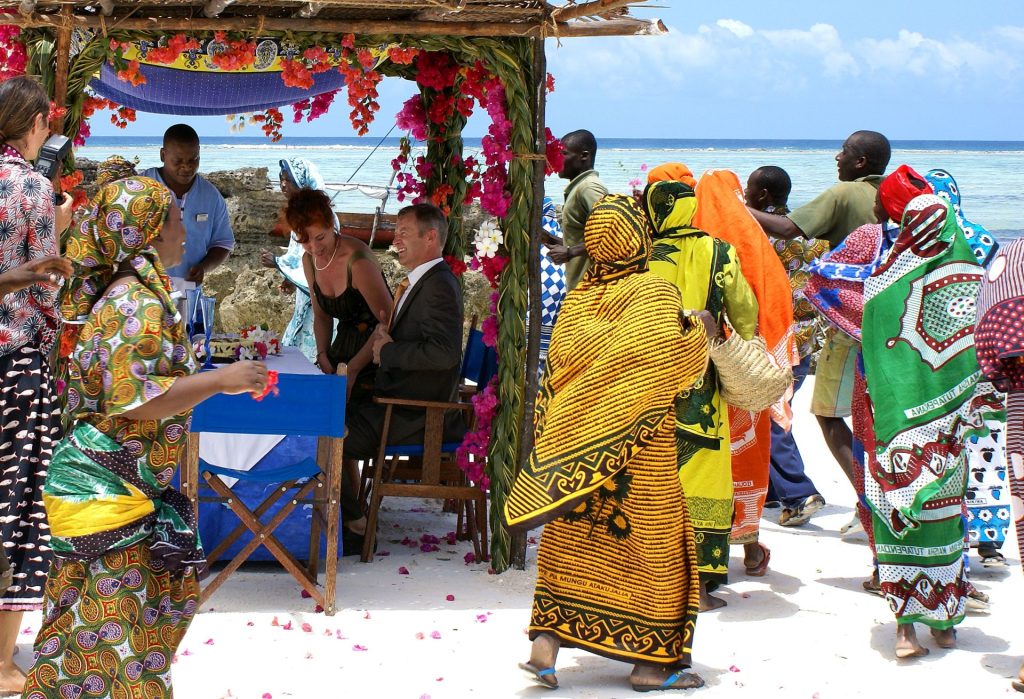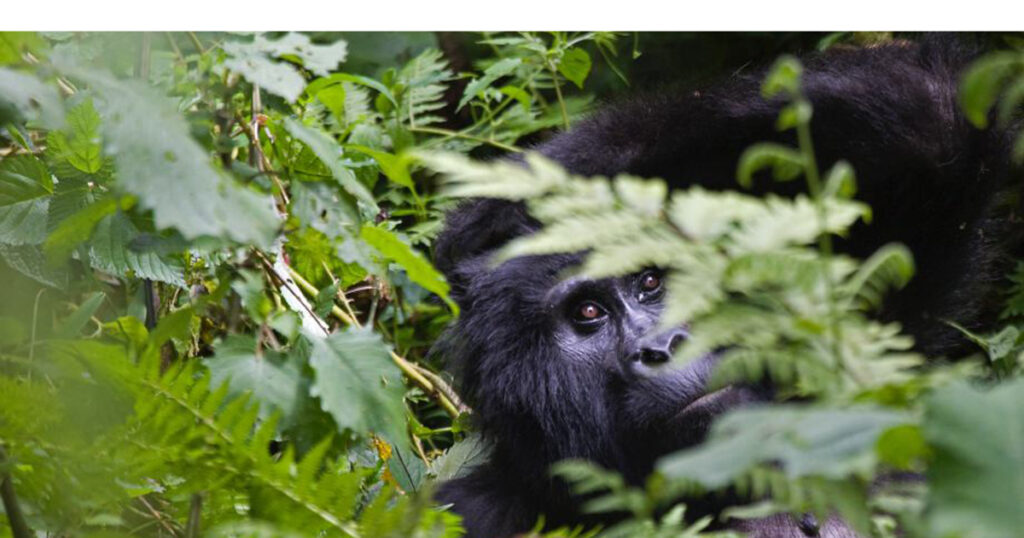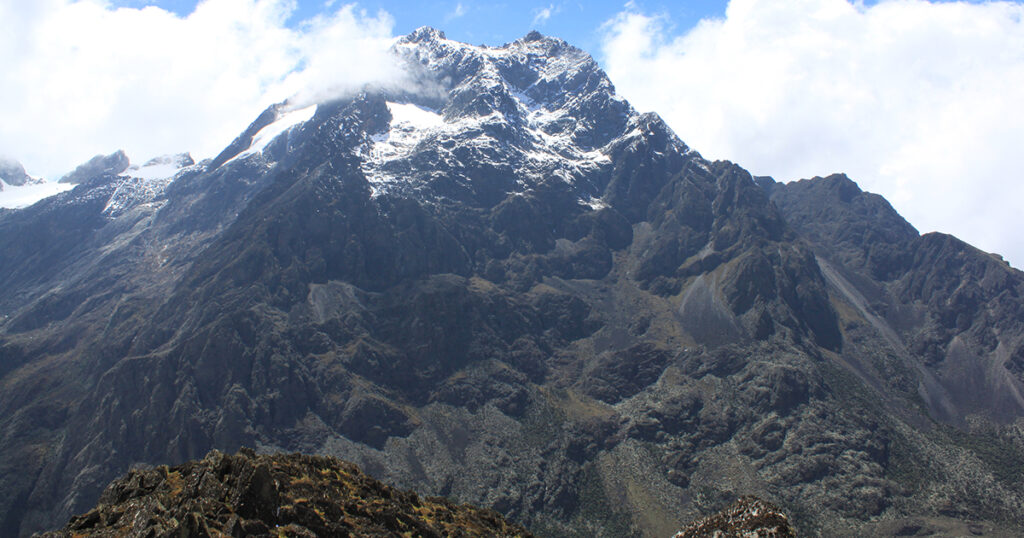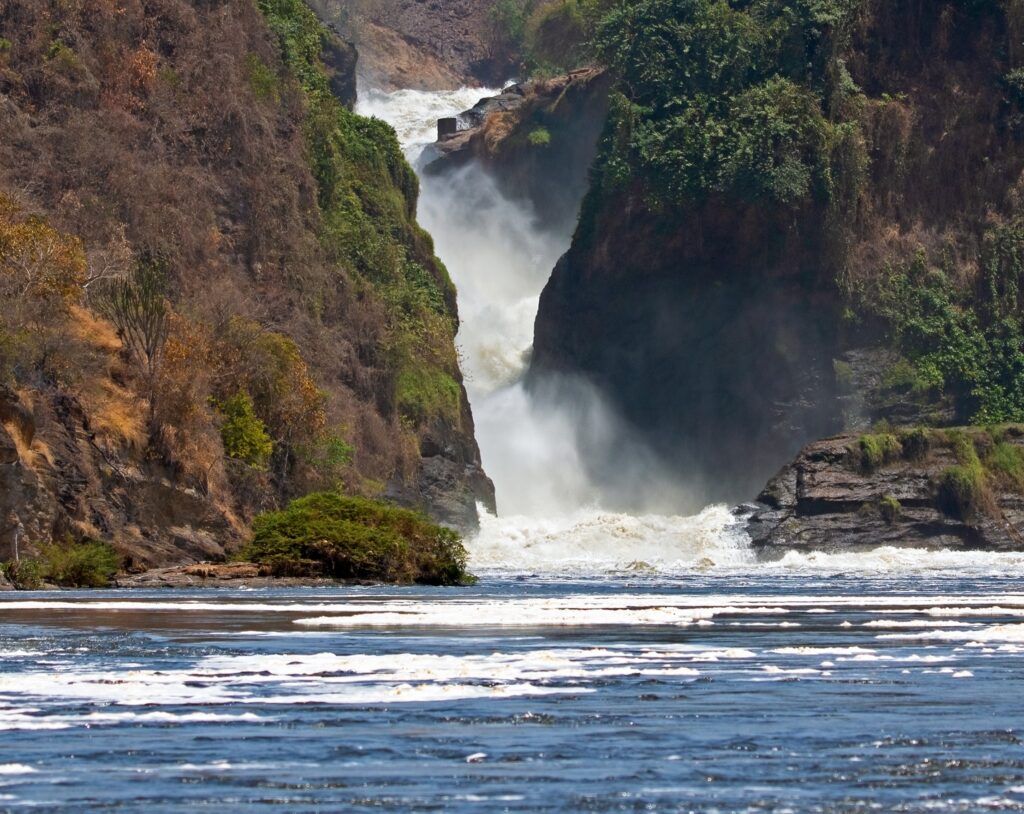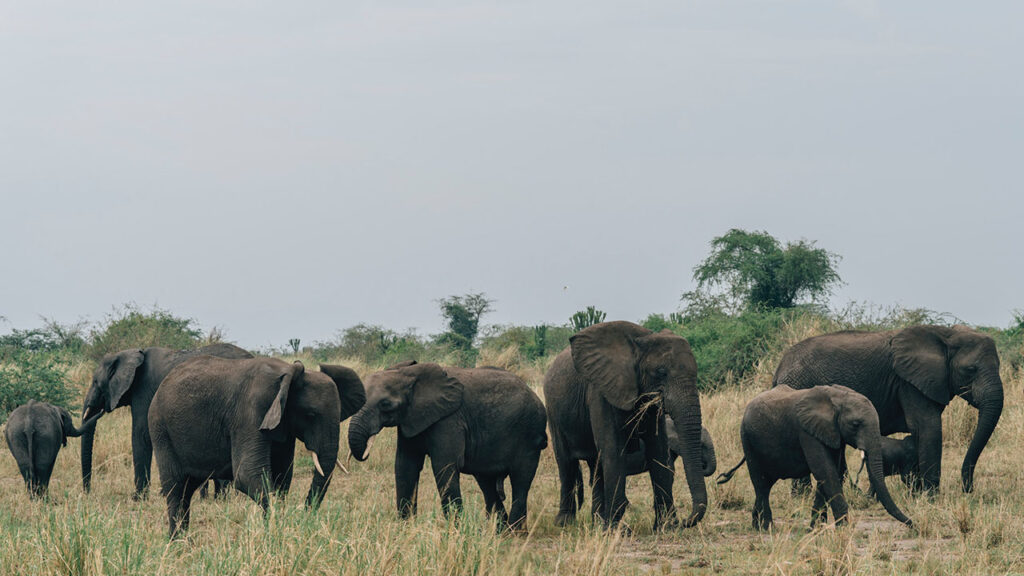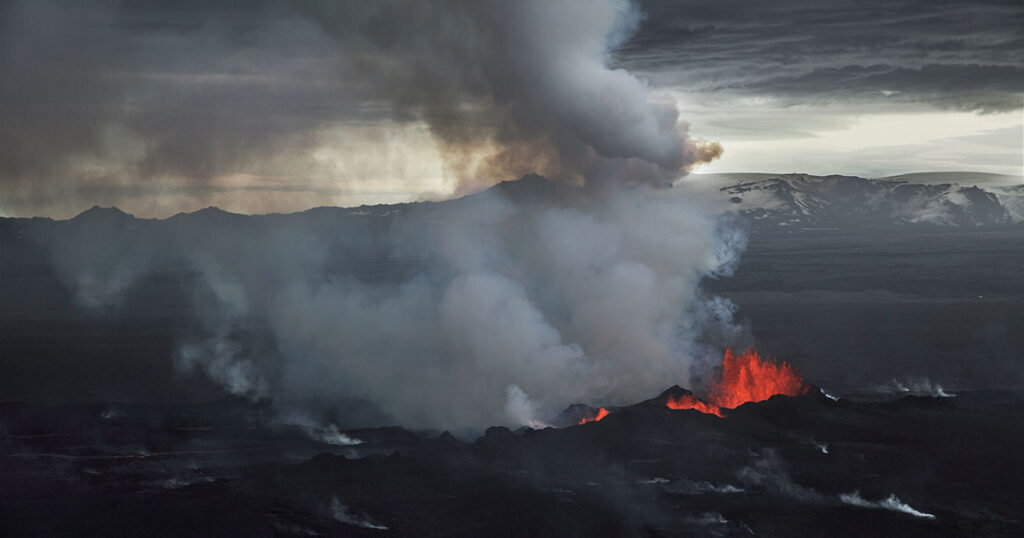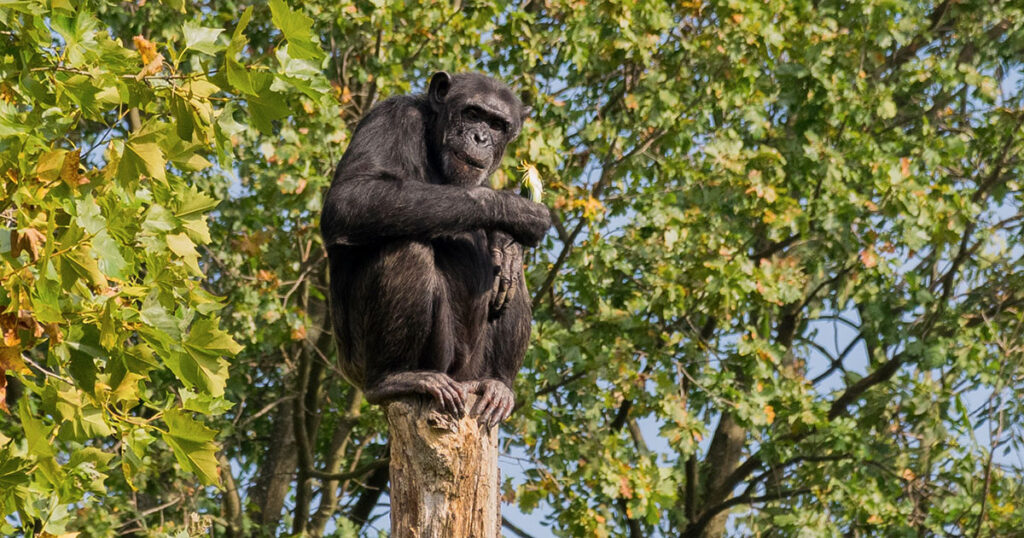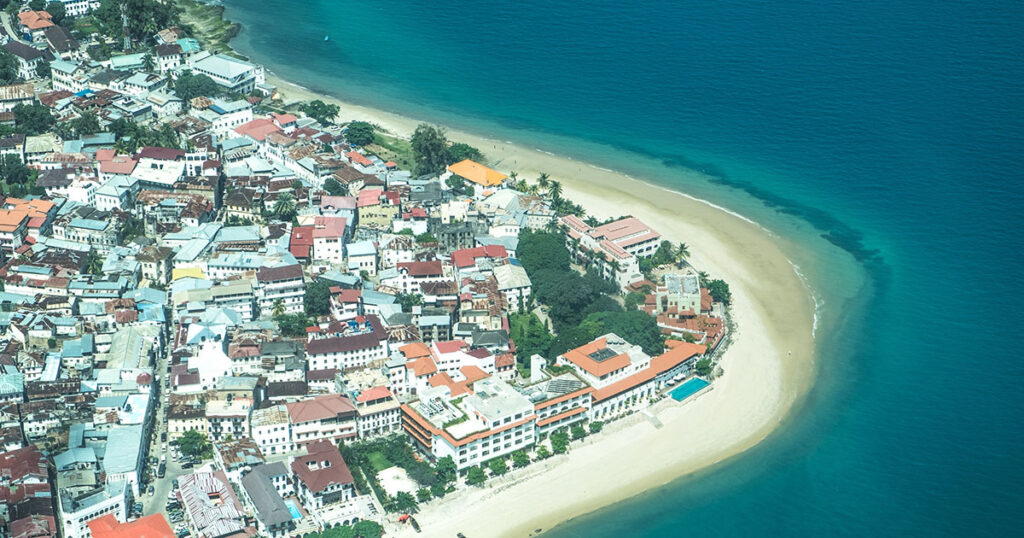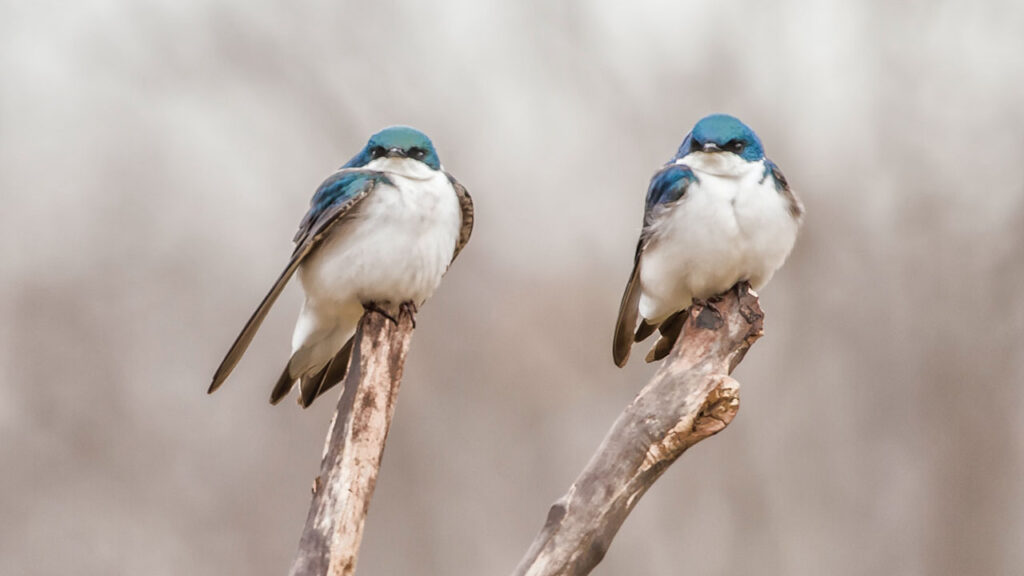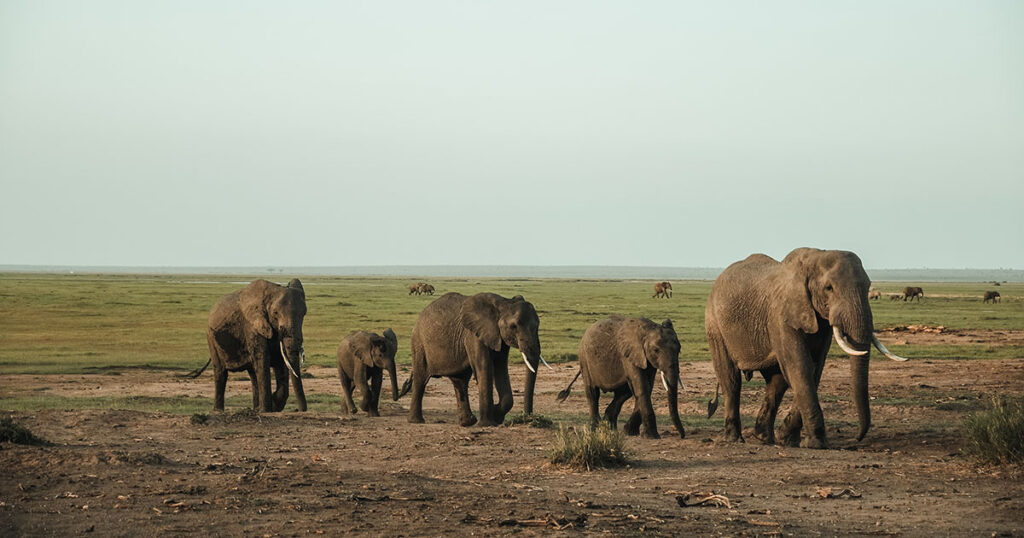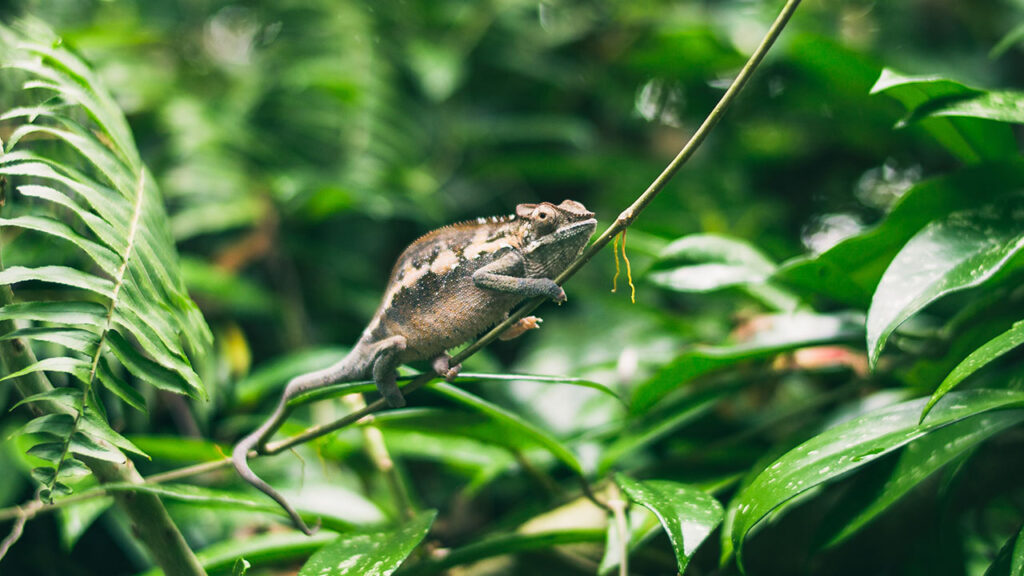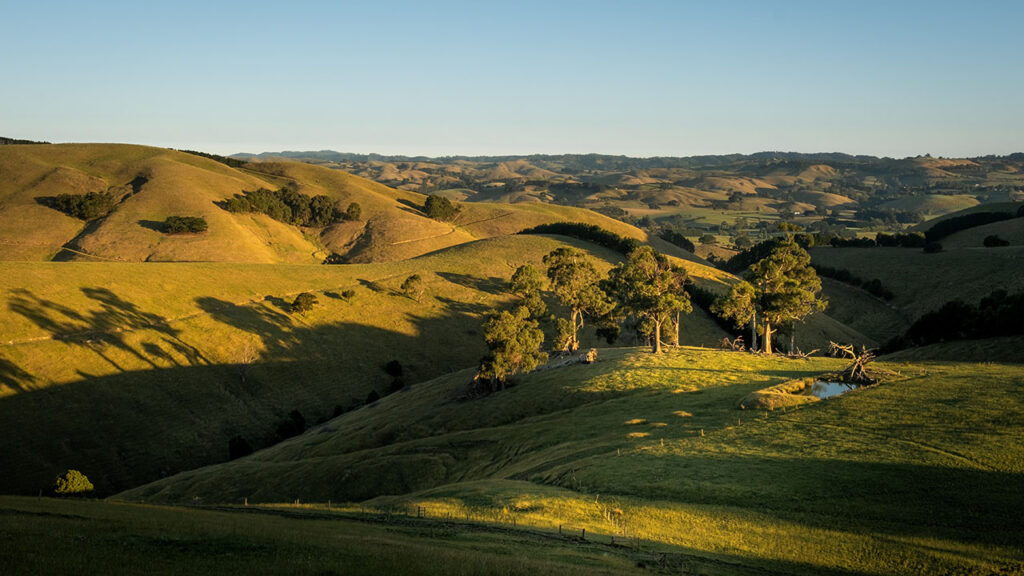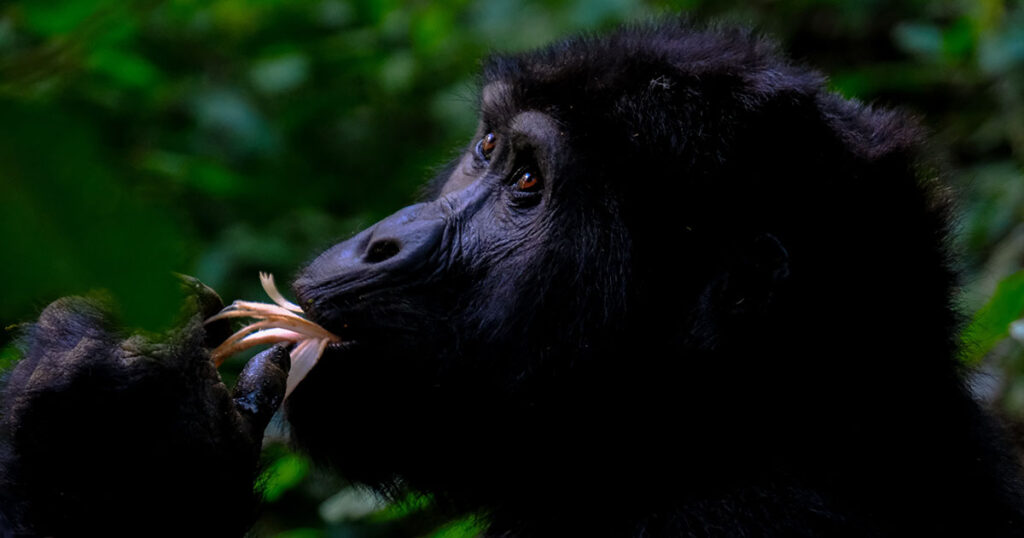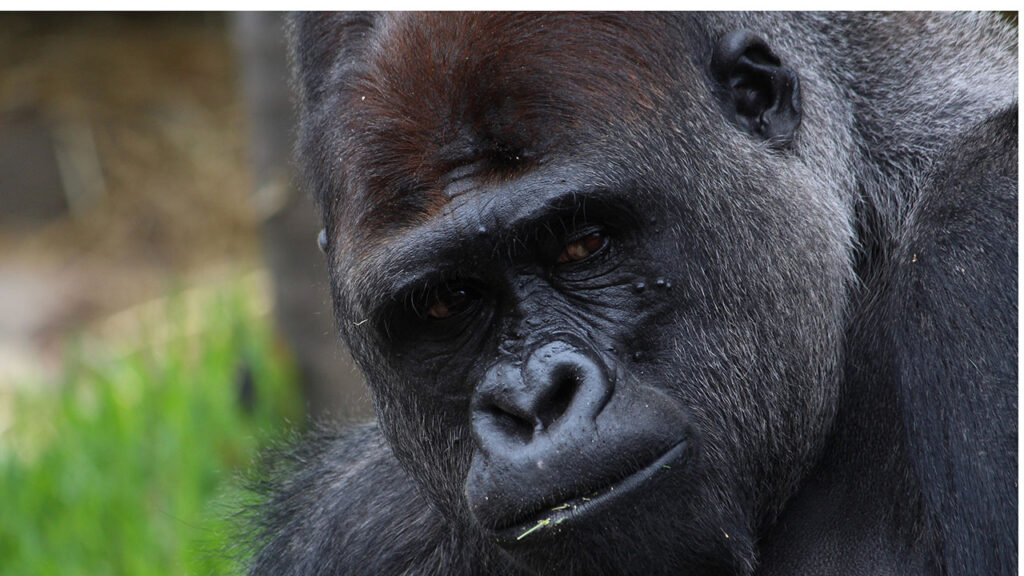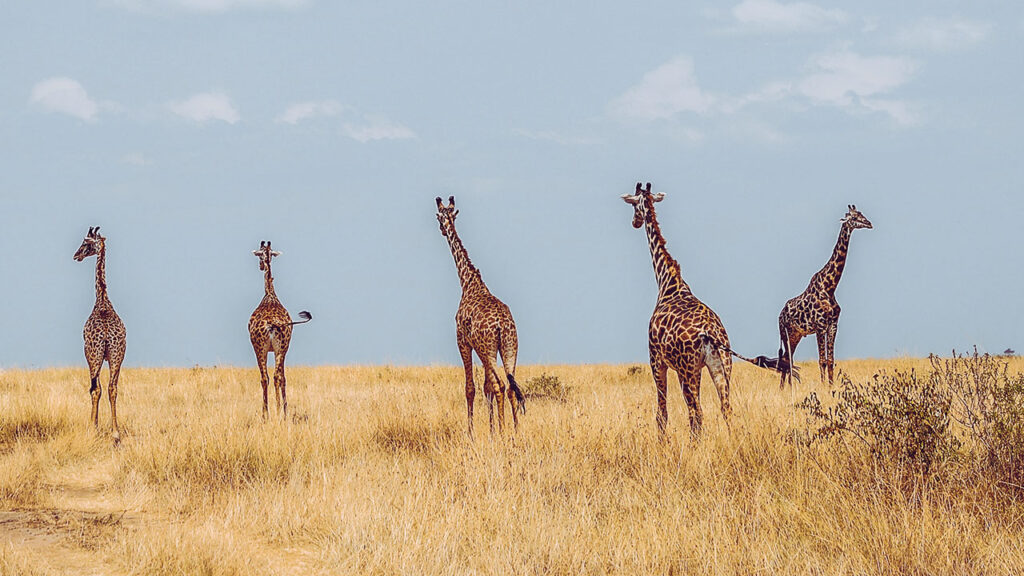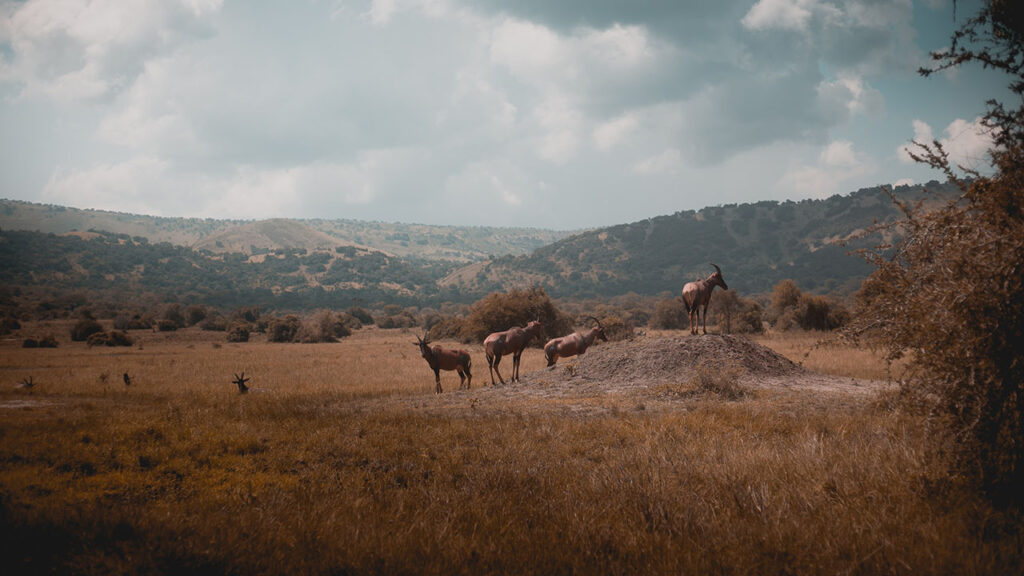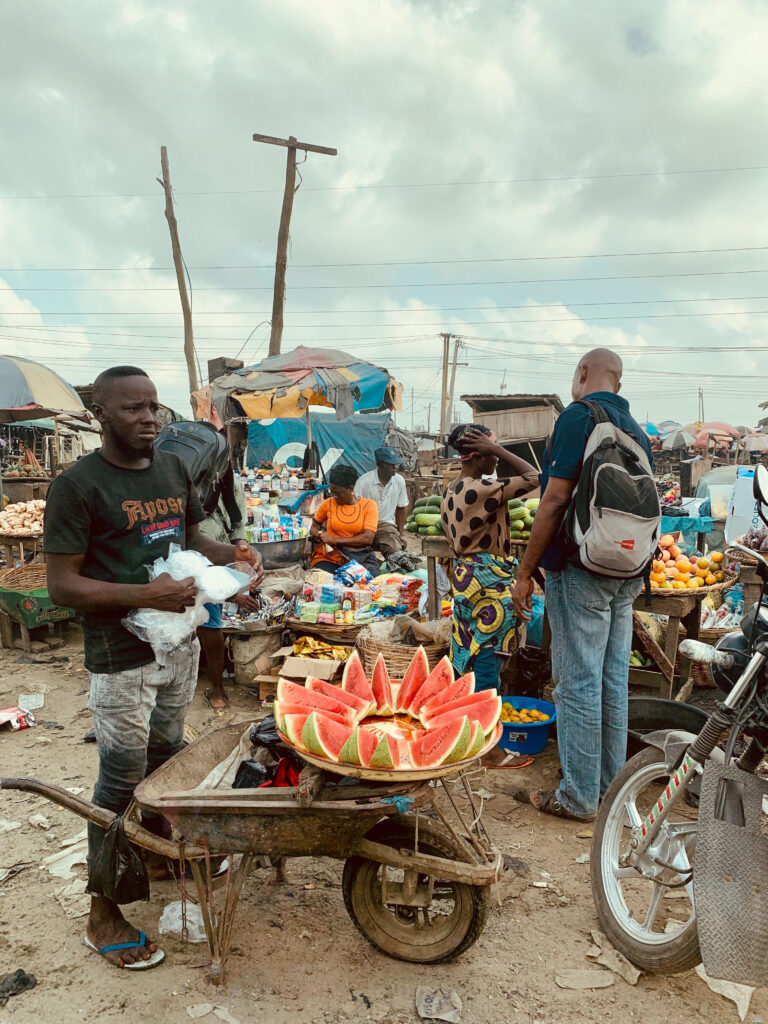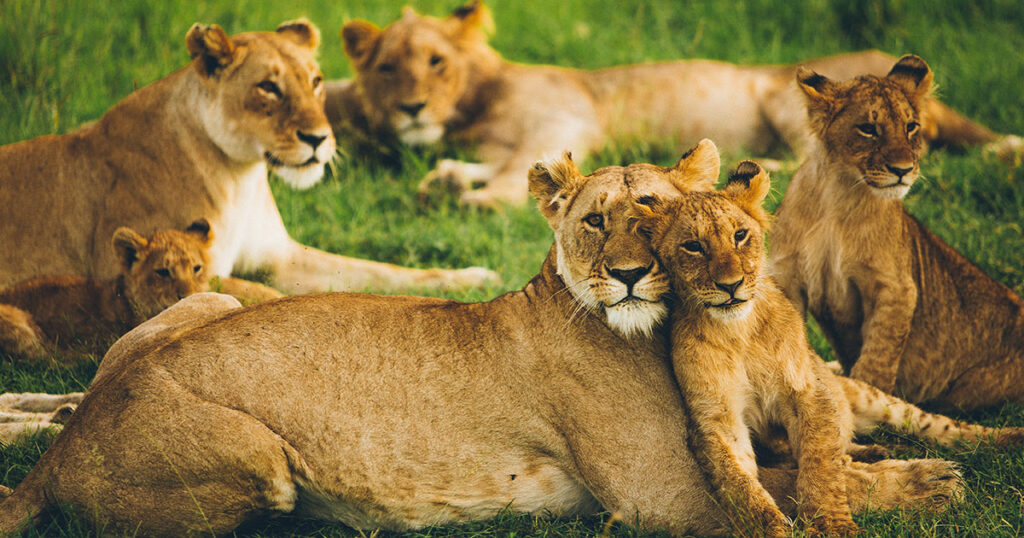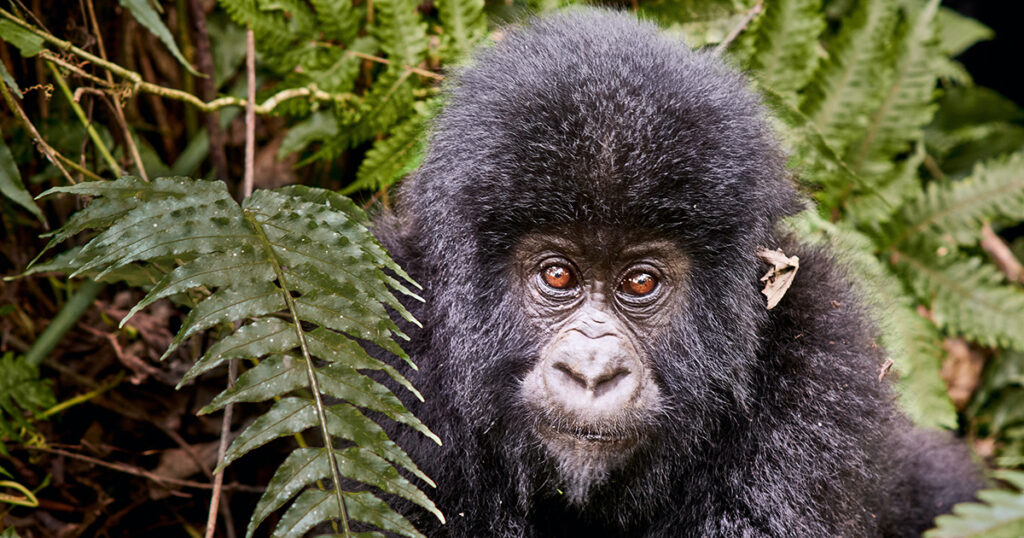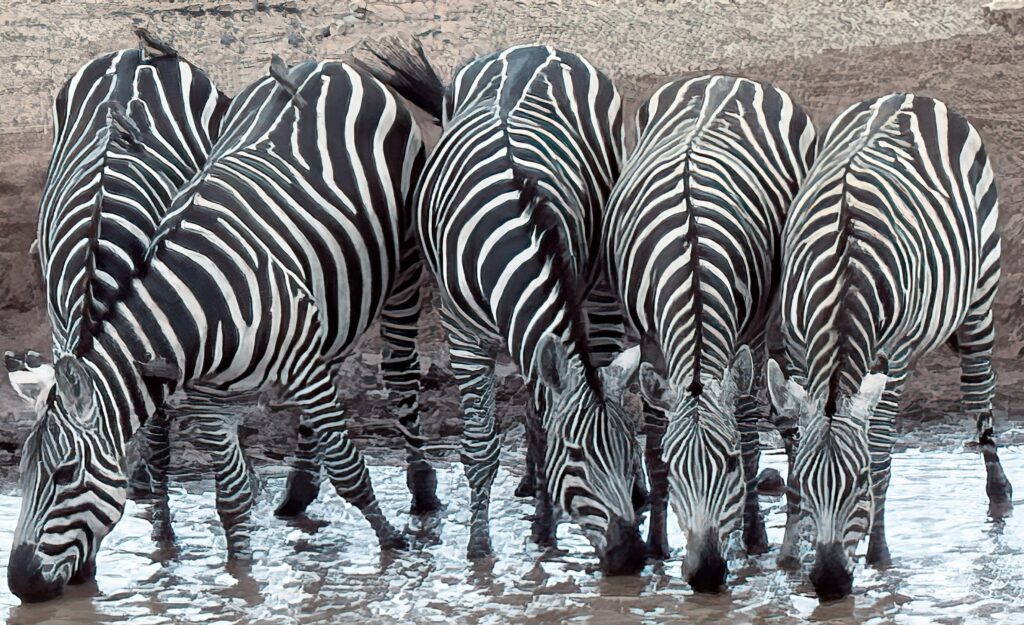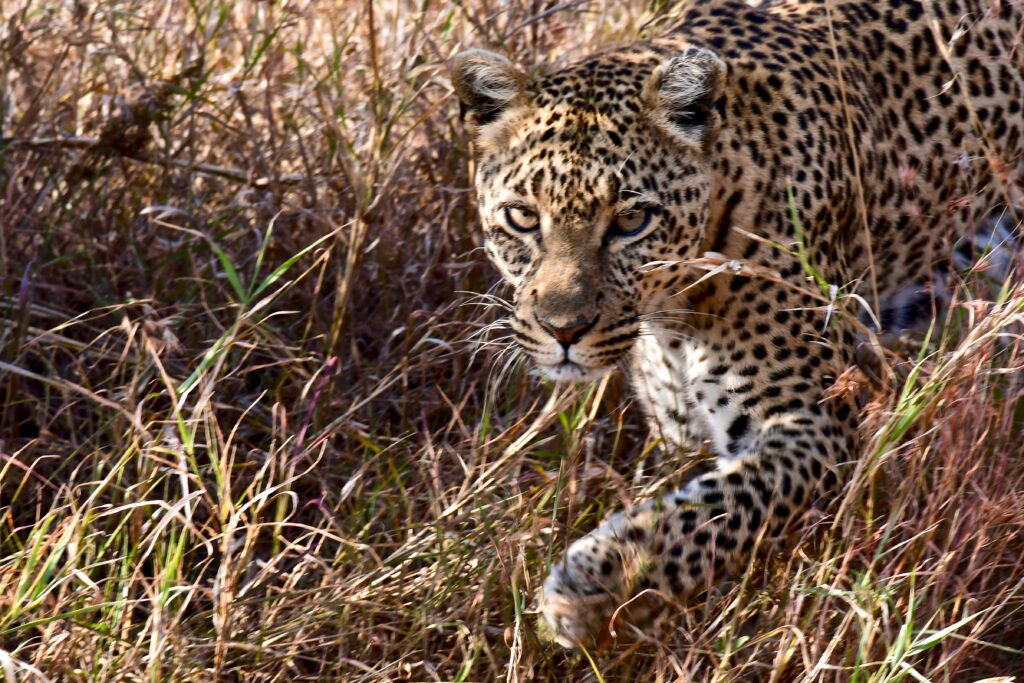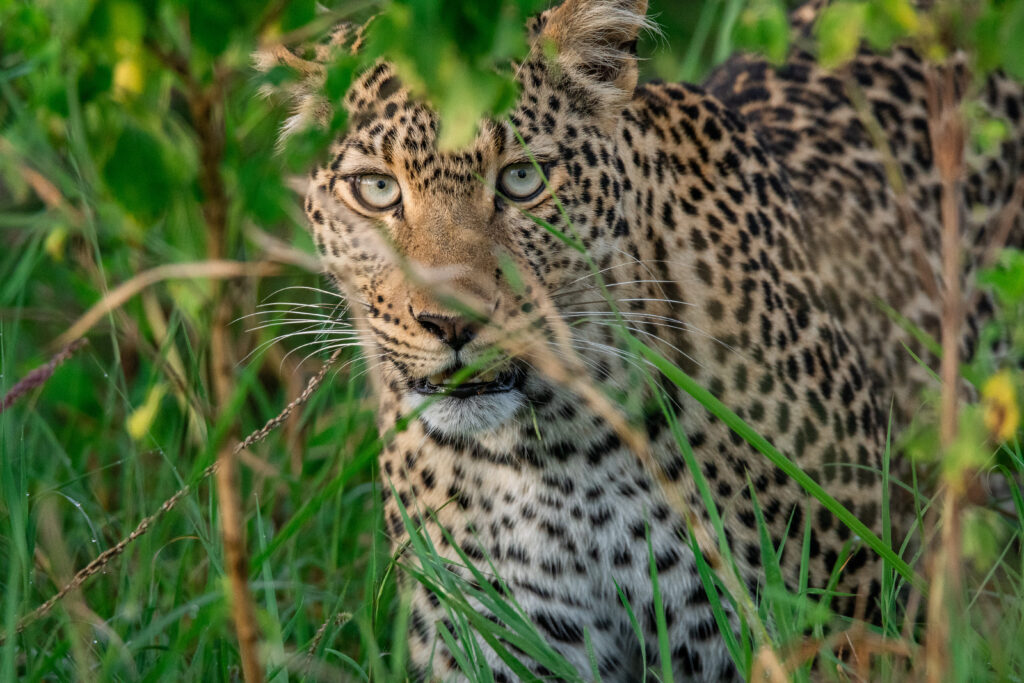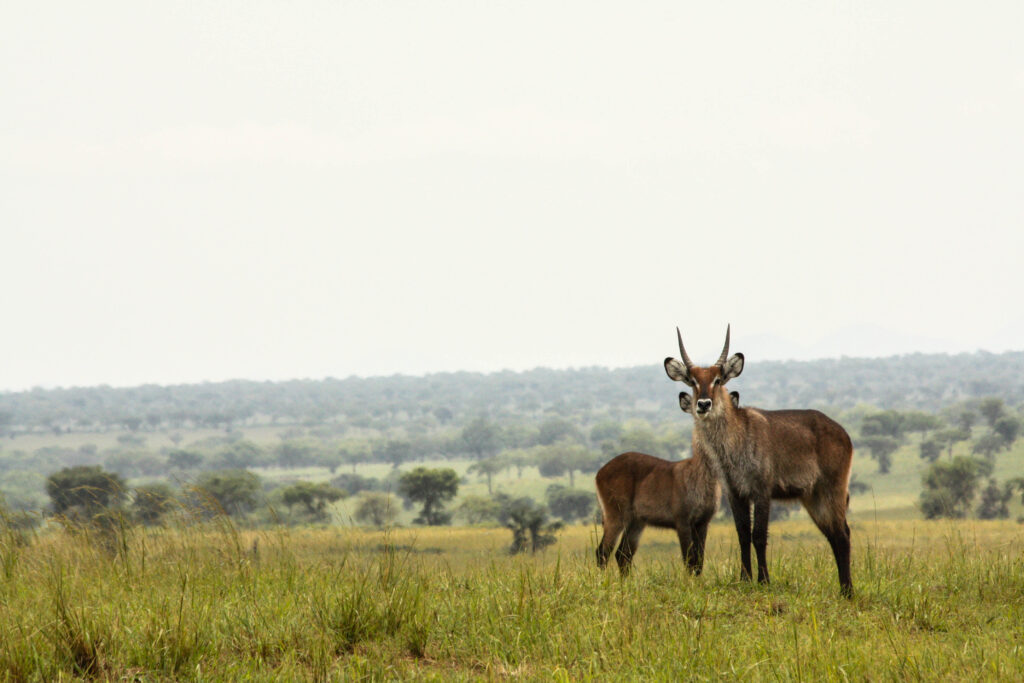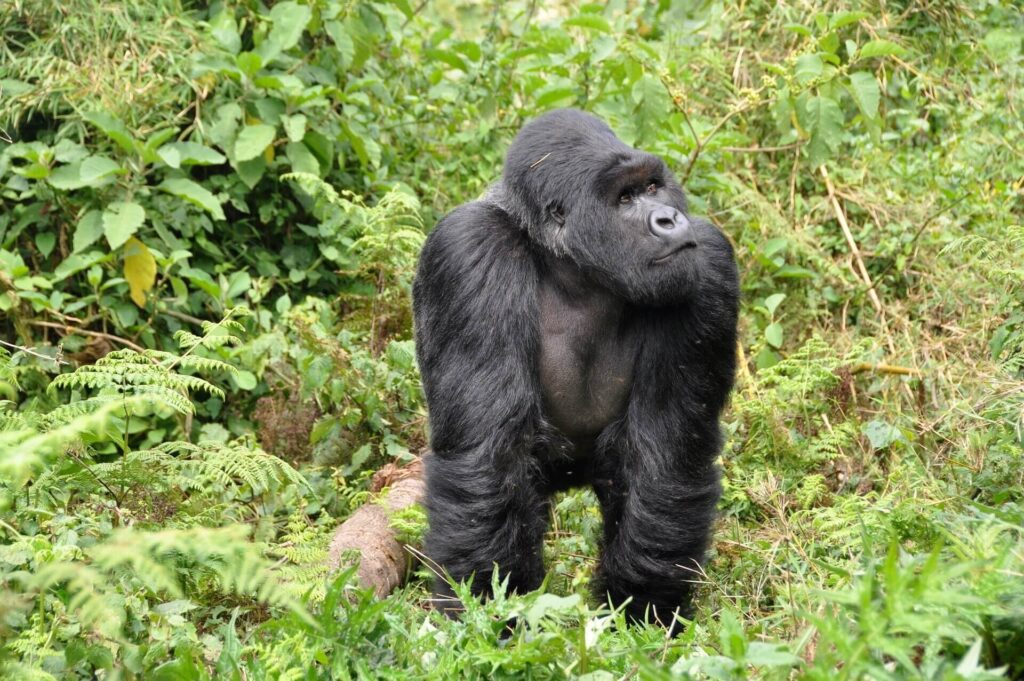Uganda safaris offer a unique and captivating opportunity to explore the hidden treasures of the “Pearl of Africa.” Nestled in the heart of East Africa, Uganda is renowned for its extraordinary biodiversity, stunning landscapes, and vibrant culture. Whether you’re a wildlife enthusiast, an adventure seeker, or a nature lover, Uganda has something to offer for every traveler. In this comprehensive guide, we will delve into the world of Uganda safaris, covering everything from the country’s incredible wildlife and national parks to its diverse ecosystems and cultural experiences. Join us on this journey as we unveil the allure of Uganda’s pristine wilderness and the magic of its safaris.
Uganda Safari Overview
Uganda, a landlocked country located on the equator, boasts a remarkable blend of savannahs, mountains, lakes, and dense forests. This diversity provides an ideal habitat for an astonishing array of wildlife. The country is often referred to as the “Pearl of Africa” due to its unparalleled beauty and rich natural resources. Uganda’s safaris are renowned for their authenticity, offering travelers an opportunity to witness rare and endangered species in their natural habitats, including the iconic mountain gorillas and tree-climbing lions.
Wildlife Encounters
One of the primary attractions of Uganda safaris is the incredible wildlife that inhabits its national parks and reserves. These protected areas are home to a wide range of species, making Uganda a top safari destination in Africa. Some of the notable animals you can encounter on a Uganda safari include:
 In addition to its remarkable natural attractions, Uganda offers an array of cultural experiences that provide a deeper understanding of the country’s traditions and heritage. The diverse ethnic groups and communities in Uganda each have their unique customs, dances, music, and crafts. Here are some ways to immerse yourself in Uganda’s vibrant culture:
In addition to its remarkable natural attractions, Uganda offers an array of cultural experiences that provide a deeper understanding of the country’s traditions and heritage. The diverse ethnic groups and communities in Uganda each have their unique customs, dances, music, and crafts. Here are some ways to immerse yourself in Uganda’s vibrant culture:
- Mountain Gorillas: Bwindi Impenetrable National Park and Mgahinga Gorilla National Park are the two locations where you can embark on a once-in-a-lifetime gorilla trekking adventure. Witness these gentle giants in their forested habitats, an experience that is both rare and unforgettable.

- Big Five: Queen Elizabeth National Park and Murchison Falls National Park offer excellent opportunities to see the Big Five (lion, leopard, elephant, buffalo, and rhinoceros) in the wild. Game drives, boat safaris, and guided walks provide unique perspectives to observe these majestic creatures.
- Chimpanzees: Kibale Forest National Park is famous for its chimpanzee tracking experiences. The park is home to a large population of chimpanzees, and you can also spot a variety of other primates and colorful bird species during your trek.
- Tree-Climbing Lions: In Queen Elizabeth National Park, you have the chance to see tree-climbing lions. This peculiar behavior is rare and unique to this region, making it a must-see for wildlife enthusiasts.
- Birdwatching: Uganda is a paradise for birdwatchers, with over 1,000 bird species, including the majestic shoebill stork. Popular birding spots include Queen Elizabeth National Park, Murchison Falls National Park, and Bwindi Impenetrable National Park.
- Bwindi Impenetrable National Park: Known for its dense forests and gorilla trekking, this park is a UNESCO World Heritage site and a haven for mountain gorillas.
- Murchison Falls National Park: Witness the mesmerizing Murchison Falls, go on game drives, take a boat cruise on the Nile, and experience an abundance of wildlife.
- Queen Elizabeth National Park: This park features diverse ecosystems, tree-climbing lions, and the Kazinga Channel, where you can see numerous hippos, crocodiles, and birds.
- Kibale Forest National Park: Renowned for its chimpanzee tracking and extensive primate population, Kibale Forest is a primate enthusiast’s dream.
- Mgahinga Gorilla National Park: Another gorilla tracking destination, this park also offers spectacular hiking opportunities, especially to the Virunga volcanoes.
- Semuliki National Park: Explore the untouched wilderness, hot springs, and a wide range of bird species in this lesser-known gem of a park.
- Kidepo Valley National Park: Located in the remote Karamoja region, this park is famous for its breathtaking landscapes, rare animals, and authentic cultural experiences.
- Lake Mburo National Park: A compact gem in the heart of the Ankole region, this park is known for its plains game and is ideal for short safaris.

- Gorilla Trekking: The highlight of any Uganda safari, gorilla trekking is an intimate encounter with these magnificent creatures. Permits are limited, so it’s essential to book in advance.
- Chimpanzee Tracking: Join guided chimpanzee tracking expeditions in Kibale Forest and witness the playful antics of our closest relatives in the animal kingdom.
- Boat Safaris: Explore Uganda’s waterways on a boat safari. Murchison Falls National Park, Queen Elizabeth National Park, and Lake Mburo National Park offer memorable boat cruises where you can see hippos, crocodiles, and a variety of bird species.
- Game Drives: Embark on thrilling game drives in open-top vehicles, getting up close and personal with the country’s diverse wildlife. Queen Elizabeth National Park and Murchison Falls National Park are popular choices for game drives.
- Birdwatching: Uganda is a paradise for bird enthusiasts. With numerous bird species, you can spend days exploring the avian wonders in various national parks and forests.
- Hiking and Trekking: Climb the Virunga volcanoes in Mgahinga Gorilla National Park, hike through the Rwenzori Mountains, or trek to the Sipi Falls for stunning vistas of Uganda’s landscapes.
- Cultural Encounters: Uganda’s rich cultural diversity is best experienced through interactions with local communities. Enjoy traditional dances, crafts, and storytelling, and gain insights into the country’s vibrant traditions.
- Hot Air Balloon Safaris: Experience Uganda from a unique perspective by taking a hot air balloon ride over the savannahs of Queen Elizabeth National Park. This offers a bird’s-eye view of the wildlife below.
- White Water Rafting: The Nile River, originating in Uganda, offers excellent opportunities for white water rafting. Jinja is a renowned destination for adrenaline junkies.
- Quad Biking: Explore Lake Mburo National Park on a thrilling quad biking adventure. It’s a fun and unique way to experience the park’s landscapes and wildlife.
- Permits: Gorilla trekking permits must be obtained in advance and are issued by Uganda Wildlife Authority. It’s advisable to book these permits well ahead of your planned visit, as they are in high demand.
- Physical Fitness: Gorilla trekking can be physically demanding, as it often involves hiking through dense forests and steep terrain. It’s essential to be in good physical condition.
- Guides: All gorilla treks are accompanied by knowledgeable guides who ensure the safety of visitors and provide information about the gorillas and the forest.
- Respect for the Gorillas: It’s crucial to follow the rules and regulations designed to protect the gorillas, such as maintaining a safe distance and not touching the animals.
- What to Bring: When going gorilla trekking, be prepared with appropriate clothing, including sturdy hiking boots, long-sleeved shirts, and rain gear. It’s also advisable to bring a backpack with essentials like water, snacks, and a camera.
- Rainforests: Uganda is home to lush rainforests, with Bwindi Impenetrable National Park and Kibale Forest National Park being prime examples. These forests are not only critical habitats for gorillas and other primates but also boast incredible plant and bird species.
- Savannahs and Grasslands: Vast savannahs and grasslands dominate the landscape of Queen Elizabeth National Park, Murchison Falls National Park, and Kidepo Valley National Park. These open areas provide ideal habitats for a wide variety of wildlife, including the Big Five.
- Lakes and Rivers: Uganda is blessed with numerous lakes and rivers, including Lake Victoria, Lake Albert, and the Nile River. These water bodies support diverse aquatic life and offer excellent opportunities for boat safaris, fishing, and water-based adventures.
- Volcanoes and Mountains: The Virunga volcanoes and the Rwenzori Mountains add a unique dimension to Uganda’s safari experience. Hiking, trekking, and exploring these volcanic landscapes offer a different perspective on the country’s natural beauty.
- Wetlands: The wetlands of Uganda, such as the swamps in Lake Mburo National Park, are critical for various bird species and amphibians. They are also essential in maintaining the ecological balance of the region.
- Rift Valley: Uganda is part of the East African Rift Valley, known for its geological significance and stunning scenery. This region features the dramatic Albertine Rift and its associated lakes.
 In addition to its remarkable natural attractions, Uganda offers an array of cultural experiences that provide a deeper understanding of the country’s traditions and heritage. The diverse ethnic groups and communities in Uganda each have their unique customs, dances, music, and crafts. Here are some ways to immerse yourself in Uganda’s vibrant culture:
In addition to its remarkable natural attractions, Uganda offers an array of cultural experiences that provide a deeper understanding of the country’s traditions and heritage. The diverse ethnic groups and communities in Uganda each have their unique customs, dances, music, and crafts. Here are some ways to immerse yourself in Uganda’s vibrant culture:
- Traditional Dances: Witness captivating traditional dances performed by different ethnic groups, each with its own distinctive style and stories.
- Cultural Villages: Visit cultural villages, such as the Batwa Cultural Experience in Mgahinga Gorilla National Park, to learn about the customs and way of life of indigenous communities.
- Craft Markets: Explore local craft markets and purchase handmade items like woven baskets, jewelry, and clothing, directly supporting local artisans.
- Food Tasting: Savor the flavors of Ugandan cuisine, characterized by dishes like matoke (cooked plantains), posho (maize porridge), and the popular Rolex (a rolled chapati with fillings).
- Community Visits: Engage with local communities and participate in activities like farming, traditional ceremonies, and storytelling sessions.
- Select Your Destinations: Research the national parks and reserves that align with your interests and preferences. Consider the time of year and the species you want to see.
- Obtain Permits: If you plan to trek gorillas or chimpanzees, secure the necessary permits well in advance.
- Choose Accommodation: Uganda offers a range of lodging options, from luxury lodges and tented camps to budget-friendly guesthouses and campsites. Make reservations according to your budget and comfort level.
- Transportation: Arrange transportation within Uganda, such as hiring a vehicle or using local transport. Some national parks can be reached by road, while others may require domestic flights.
- Pack Accordingly: Pack suitable clothing for your chosen activities, including comfortable hiking boots, rain gear, and warm clothing for high-altitude areas.
- Health Preparations: Consult a healthcare professional for advice on vaccinations and medications needed for your trip. Malaria prophylaxis is essential for many parts of Uganda.
- Travel Insurance: Purchase comprehensive travel insurance that covers medical emergencies, trip cancellations, and evacuation, as well as any activities you plan to undertake.
- Local Currency: Carry some local currency for expenses in smaller towns and markets. Major credit cards are accepted in larger cities.
- Respect Local Customs: Familiarize yourself with local customs and show respect for the environment, wildlife, and communities you encounter.
